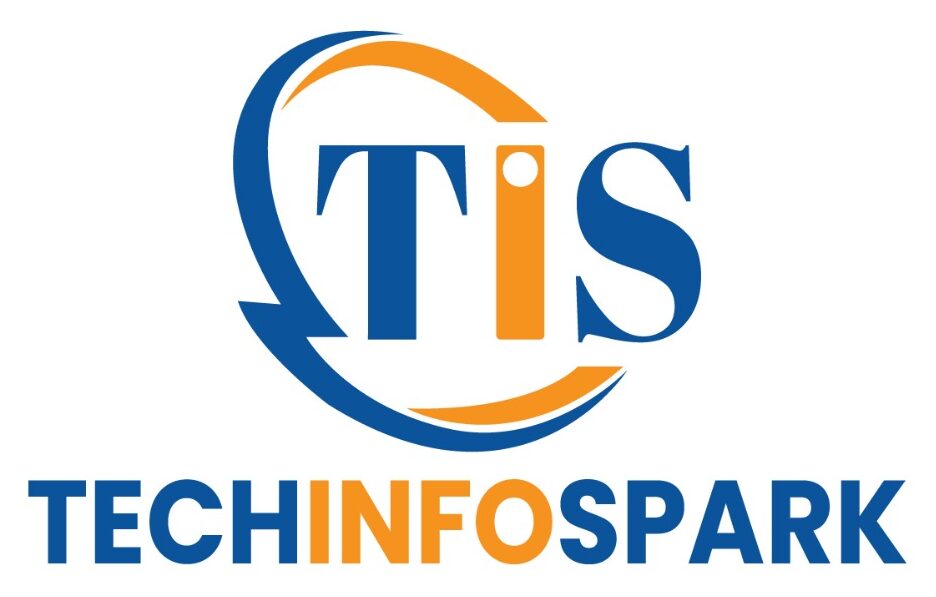Artificial Intelligence, often called AI, is rapidly transforming the way humans interact with machines and digital systems.
Thanks to its ability to simulate human intelligence, AI now plays a significant role in modern technological advancements.
From smartphones to smart homes, artificial intelligence continues driving innovation and shaping a more connected, efficient world.
As a result, industries like healthcare, education, finance, and manufacturing are experiencing accelerated progress and breakthroughs.
By mimicking human thought and behavior, AI enhances decision-making and solves increasingly complex real-world challenges.
What is Artificial Intelligence?
In simple terms, Artificial Intelligence refers to machines or computer systems that exhibit human-like cognitive capabilities.
These include perception, reasoning, learning, decision-making, language translation, and even understanding spoken or written language.
AI utilizes machine learning, deep learning, and natural language processing to perform intelligent tasks efficiently and accurately.
Unlike traditional software that follows static instructions, AI adapts and learns from data, improving its performance over time.
Consequently, AI systems become smarter and more responsive without needing explicit human programming at every step.
Categories of Artificial Intelligence
Artificial Intelligence falls into three main categories: Narrow AI, General AI, and Superintelligent AI, each with distinct characteristics.
Narrow AI specializes in performing specific tasks, such as facial recognition, voice assistance, or spam email detection.
General AI represents machines that can understand, learn, and apply knowledge to any problem, much like human intelligence.
Superintelligent AI, still theoretical, would surpass human cognitive abilities in virtually every measurable way imaginable.
Currently, Narrow AI dominates our lives, while General and Superintelligent AI remain topics of research and future development.
Real-World Applications of AI Across Industries
With every passing year, artificial intelligence is deeply reshaping major industries and solving real-world operational challenges effectively.
In healthcare, AI assists with disease diagnosis, robotic surgeries, medical imaging, and creating personalized treatment plans for patients.
In finance, AI detects fraud, analyzes market trends, automates banking services, and manages customer queries using intelligent chatbots.
In education, smart AI-driven platforms offer tailored lessons, automate grading, and provide feedback based on student performance data.
Meanwhile, retail businesses use AI to predict buying behavior, personalize marketing, and manage logistics in real time.
Everyday Use of AI in Modern Life
Although many people don’t realize it, artificial intelligence is already part of their daily routines and digital experiences.
Voice assistants like Siri, Alexa, and Google Assistant respond to voice commands using natural language processing and machine learning.
Streaming services such as Netflix and Spotify suggest content by analyzing user preferences through AI-powered recommendation engines.
Navigation apps like Google Maps rely on AI to optimize travel routes and deliver real-time updates about traffic conditions.
Social media platforms also use AI to detect harmful content, suggest posts, and improve content delivery through algorithmic curation.
Benefits of Artificial Intelligence
Artificial Intelligence offers powerful benefits that enhance efficiency, accuracy, personalization, and innovation across various fields.
It boosts efficiency by automating repetitive tasks, freeing up human time for strategic, high-level decision-making processes.
It improves accuracy in areas like diagnostics, forecasting, and analytics, reducing the risks associated with human error.
AI enhances personalization by tailoring services in education, shopping, healthcare, and entertainment to individual preferences.
Most importantly, it accelerates innovation by enabling breakthroughs in research, design, creative writing, and new product development.
Addressing Challenges and Ethical Issues
Despite its advantages, AI introduces important ethical challenges and technical limitations that society must confront responsibly.
One major concern is job displacement, as automation threatens to replace roles that require low or repetitive human skills.
Another issue is algorithmic bias, which can emerge if AI systems are trained on incomplete, biased, or unrepresentative datasets.
Privacy risks grow as AI collects and processes large amounts of user data, often without explicit consent or transparency.
Furthermore, security threats rise as bad actors misuse AI in deepfakes, cyberattacks, or autonomous weapon systems during conflicts.
The Importance of Human-AI Collaboration
Rather than seeing AI as a threat, we should embrace it as a tool that enhances human potential and creativity.
In modern workplaces, AI performs repetitive duties while humans take charge of strategy, leadership, and relationship management.
Collaborative robots, known as cobots, work side-by-side with employees, improving productivity without eliminating their roles entirely.
In the medical field, doctors rely on AI tools for diagnostics, yet still make the final decisions based on empathy and experience.
Similarly, educators use AI-powered analytics to understand student needs and personalize lesson plans accordingly and effectively.
The Promising Future of Artificial Intelligence
Looking ahead, Artificial Intelligence is poised to bring even more revolutionary changes that impact every aspect of human life.
Autonomous vehicles will likely become mainstream, offering safer, faster, and more energy-efficient modes of personal transportation.
AI in agriculture will monitor crops, detect disease outbreaks, and optimize irrigation for higher yields and sustainable farming.
In space exploration, AI could make real-time decisions, control spacecraft, and explore remote planetary environments with independence.
Moving forward, global governments and developers must establish regulations and ethical standards to guide AI’s responsible evolution.
Artificial Intelligence and SEO: A Digital Advantage
Artificial Intelligence has significantly improved how search engines understand user behavior, intent, and content relevance.
Search engines like Google use AI-powered algorithms such as RankBrain to interpret queries more intelligently and deliver better results.
AI tools now help marketers identify top-performing keywords, optimize metadata, and track content performance through predictive analytics.
These AI-enabled features improve SEO strategies, attract more organic traffic, and engage target audiences more effectively.
Understanding how AI works in SEO will give businesses a competitive advantage in the ever-evolving digital marketing space.
Conclusion: Embrace Intelligence, Shape the Future
Artificial Intelligence is no longer science fiction it’s a present-day reality influencing nearly every part of human existence.
It brings incredible opportunities to enhance efficiency, solve problems faster, and unlock human creativity on new levels.
Nevertheless, with great power comes great responsibility; AI must always be used ethically, transparently, and for social good.
As we continue this journey, humans and AI together can build a smarter, more sustainable, and more equitable world.
Ultimately, embracing AI today means shaping a brighter and more promising tomorrow for generations still to come.
From the one and only Team Techinfospark
For more tech blogs, visit our website: Tech Info Sparks



